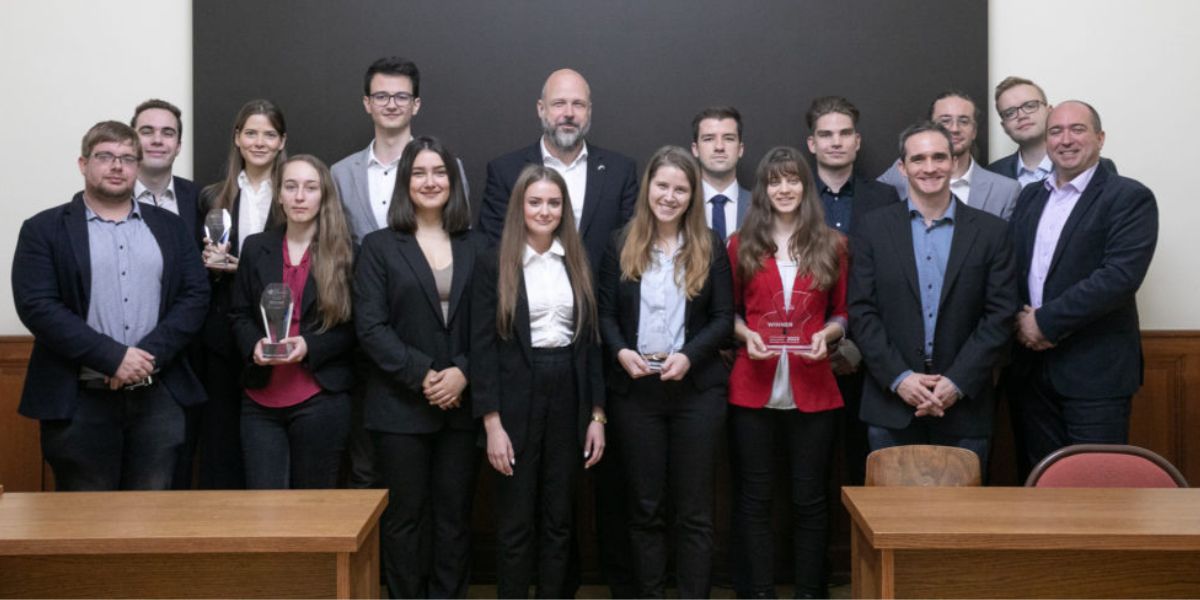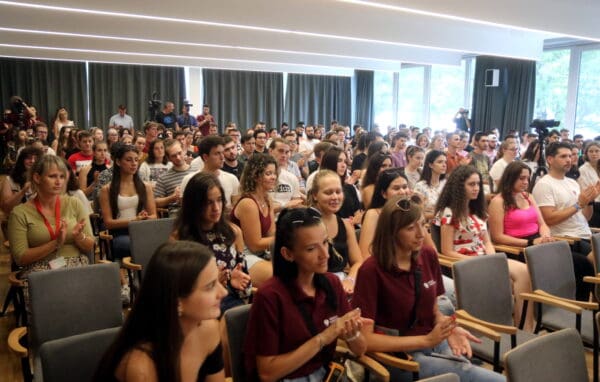A survey of an unprecedented international sample size was carried out by the Hungarian Association for Counselling in Higher Education (FETA) in November 2021. More than 10,000 students from 47 universities across the country answered questions on their national student mental health research questionnaire.
The November 2021 data shows that a significant proportion (55.3 percent) of students reported a current crisis situation (illness, bereavement, breakup, etc.). Many (41.2 percent) experienced depressive symptoms. There was also a high proportion (37.2 per cent) of students who had suicidal thoughts when looking back over a week.

According to the survey, many students (41.2 percent) experienced depressive symptoms (Photo: 123rf)
In addition to the results, the number of people registering for psychological counselling at university, waiting lists and increased demand for longer psychological support and counselling also confirm that university students are not in good mental health. Being independent, growing up and trusting in the future is a challenge at a time when the young generation is facing new crises.
FETA shared the results of the research with university leaders. For 9 institutions, where the number of respondents reached 5 percent of the total student population, an additional institution-level evaluation was also carried out. These, together with their recommendations, were sent to the rectors of the higher education institutions concerned.








 Photo: MTI
Photo: MTI

